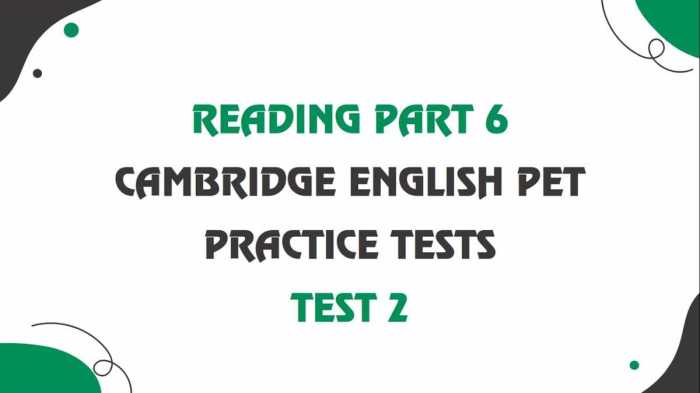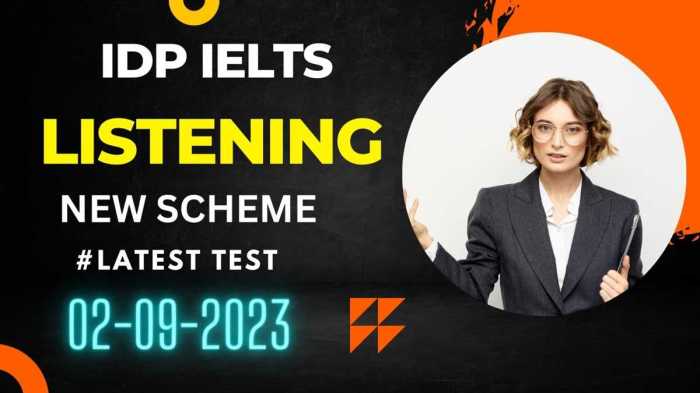Embark on a comprehensive exploration of Civics EOC Practice Test Answers, a valuable resource for students seeking to excel in their Civics End-of-Course Exam. This guide provides an in-depth analysis of essential concepts, empowering individuals to navigate the complexities of civic responsibilities, government structure, citizen rights, economic systems, and the historical evolution of civics education.
1. Civic Responsibilities

Civic responsibilities encompass the duties and obligations that citizens owe to their communities and society as a whole. These responsibilities are essential for maintaining a healthy and functioning democracy.
Voting
- Voting is a fundamental civic responsibility that allows citizens to have a say in how their government is run.
- By voting, citizens can express their preferences for candidates and policies, and hold elected officials accountable.
- Voting helps ensure that government is responsive to the needs and interests of the people.
Shaping Public Policy
- Citizens can participate in shaping public policy through a variety of means, such as contacting elected officials, attending public hearings, and organizing protests.
- By making their voices heard, citizens can influence the decisions that are made about issues that affect their lives.
- Effective civic engagement requires citizens to be informed about public policy issues and to be willing to advocate for their views.
Effective Civic Engagement
- Effective civic engagement involves not only voting and shaping public policy, but also participating in community activities, volunteering, and serving on juries.
- By engaging in these activities, citizens can make a positive contribution to their communities and help to strengthen democracy.
- Effective civic engagement is based on the principle that all citizens have a role to play in shaping the future of their society.
2. Government Structure and Functions
The structure and functions of government are essential for understanding how a society is governed and how decisions are made.
Three Branches of Government
- In the United States, the government is divided into three branches: legislative, executive, and judicial.
- The legislative branch makes laws, the executive branch enforces laws, and the judicial branch interprets laws.
- This separation of powers helps to prevent any one branch from becoming too powerful.
Checks and Balances
- The system of checks and balances ensures that no one branch of government can dominate the others.
- For example, the president can veto laws passed by Congress, and the Supreme Court can declare laws unconstitutional.
- This system helps to ensure that the government is accountable to the people.
Role of the Constitution
- The Constitution is the supreme law of the land and establishes the framework for the government.
- It defines the powers of the different branches of government and protects the rights of citizens.
- The Constitution is a living document that has been amended over time to reflect the changing needs of society.
3. Citizen Rights and Liberties: Civics Eoc Practice Test Answers

Citizen rights and liberties are the fundamental freedoms and protections that are guaranteed to all citizens.
Fundamental Rights and Liberties
- The Bill of Rights, the first ten amendments to the Constitution, protects a wide range of rights and liberties, including freedom of speech, religion, and the press.
- Other important rights include the right to due process of law, the right to equal protection under the law, and the right to vote.
- These rights and liberties are essential for a free and democratic society.
Due Process and Equal Protection
- Due process of law requires that the government follow certain procedures before depriving a person of life, liberty, or property.
- Equal protection under the law prohibits the government from discriminating against any person based on race, religion, sex, or other protected characteristics.
- These principles are essential for ensuring that all citizens are treated fairly and justly by the government.
Role of the Courts, Civics eoc practice test answers
- The courts play a vital role in protecting citizen rights and liberties.
- The courts can strike down laws that violate the Constitution and can order the government to stop violating the rights of citizens.
- The courts are an essential part of the system of checks and balances that protects our freedoms.
Q&A
What are the key components of civic responsibility?
Civic responsibility encompasses voting, shaping public policy, and engaging in effective civic participation.
How does the concept of checks and balances impact government structure?
Checks and balances distribute power among different branches of government, preventing any one branch from becoming too powerful.
What are the fundamental rights protected by the Constitution?
The Constitution safeguards fundamental rights such as freedom of speech, religion, and due process of law.